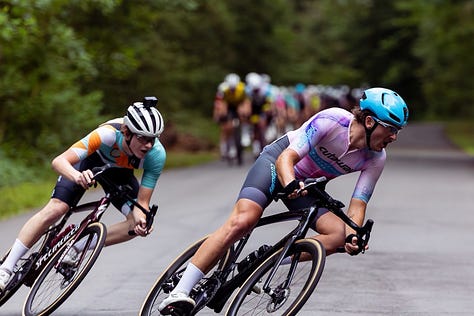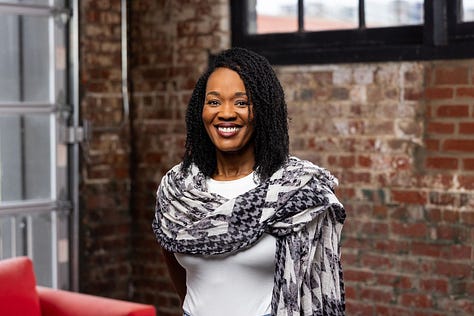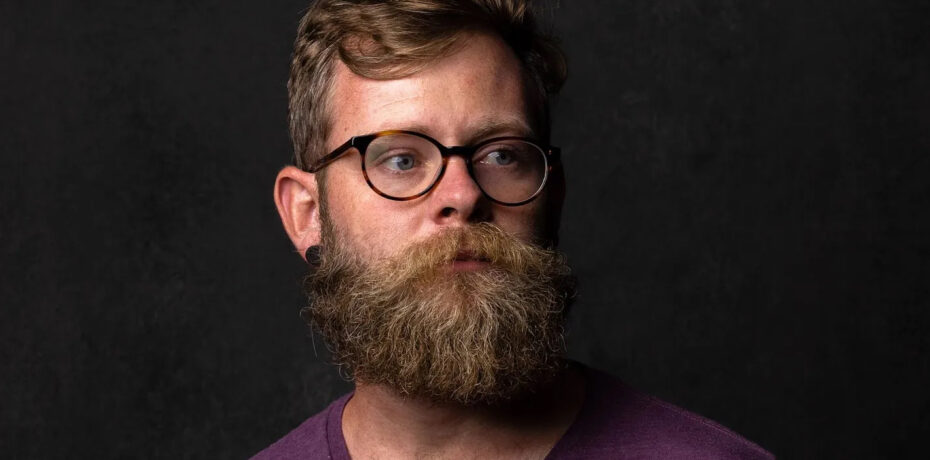Photography is more than just capturing moments; it’s about storytelling, connection, and discovery. This became abundantly clear as I spoke with my friend and professional photographer, Nick Davis, whose unique journey exemplifies what’s possible with a hunger to learn and a “can do” attitude. From impromptu beginnings to a thriving career photographing people, products, and processes, his story offers invaluable insights for anyone looking to turn their passion into a fulfilling profession.
For this photographer, the road to success wasn’t a straight line. Like many creative pursuits, the journey began unexpectedly. While working on a landscaping job that had him commuting between Richmond and Virginia Beach for the summer, his then-girlfriend surprised him with a high-quality camera. She was aware of his interest in the craft and believed in his potential, even if he wasn’t yet certain where it would lead. That gift became the catalyst for what is now his career.
His first paid client came from simply posting a Craigslist ad. He offered engagement and wedding photography services, which led to a request to photograph a surprise proposal. As part of the deal, he told the client he would need to charge for an additional lens rental because the one he had would now allow him to take photos from the distance required for him to stay hidden and not ruin the surprise. He then wisely took that rented lens with him to Richmond’s Riverrock Festival for a little experimentation. A chance encounter there while shooting extreme sports at his leisure led to a dream gig. “I kind of had the easiest entry into doing what I do,” he recalls. One of the vendors at the festival saw him taking photographs and asked him to capture some photos for their team. They liked his work so much that they hired him to shoot the GoPro Mountain Games in Vail, Colorado.
While extreme sports photography might sound glamorous, it’s rarely lucrative. Over time, he pivoted to focus on a unique niche—photographing the intersection of people, products, and processes. His work spans industries, from pharmaceutical labs to gravel manufacturing, and he thrives on showcasing not only the finished product but also the human effort and intricate processes behind it. This approach aligns with his love for learning. “Every time I’m on a shoot, I’m asking questions—how does this work? What does it do? That curiosity helps me make better photos.” This distinctive framework—people, product, process—provides both creative fulfillment and a clear value proposition to clients. It also helps him think about the brands he would like to one day work with. Currently on his list are Filson and Patagonia, two companies with products he believes in as well as brand integrity (which pulls in the people and processes) that he admires.


Nick’s passion for learning, combined with a deep respect for his subjects, makes his work not just visually stunning but also deeply meaningful. I reached out to him for this interview after seeing this post on LinkedIn where he talked about an opportunity he had to share his profession with a group of high school students. He’s always giving back to the community. In fact, our friendship blossomed during the COVID-19 pandemic when he had the idea to start SidekickRVA to help people who had lost their jobs gain their confidence back and connect to resources to help them on their hunt for the next opportunity. He offered complimentary professional headshots, and I (along with others in his network) provided resume review and career coaching services for free.
Meaningful work (both paid and unpaid) isn’t easy, and every job has its challenges. Photography is no exception. For Nick, the most rewarding and challenging aspect of the job is the same: people.
When photographing employees for corporate shoots, he often encounters reluctance. “People are so self-critical,” he explains. “They’ll see a photo and say, ‘I look so old,’ or, ‘I weigh too much.’” His approach? Patience and positivity. He reassures them, showing how great the photos are and enlisting the support of others in the room to build their confidence.


As his business has grown, Nick has brought on contractors and is currently exploring the possibility of hiring full-time staff. This decision came with careful consideration, as finding the right people is essential to maintaining his brand’s integrity and style. One of his current collaborators is someone he worked with years ago, who reached out after losing his job. “It’s elevated my ability to perform,” he says of the partnership. “He knows so much about what we do, so I don’t have to work quite as hard. That’s how it should be when you hire people. They’re supposed to make your life easier not harder.”
For anyone considering a career in photography, Nick’s advice is both practical and encouraging:
- Start with What You Love: Before he even considered photography as a potential revenue stream, Nick focused on subjects he was passionate about, like cycling. When the UCI race came through Richmond, it provided him with multiple opportunities to shoot a sport he was interested in. He also reached out to a well-known cycling photographer, Emily Maye, for advice, who told him, “If you do good work, good work follows.” This became a guiding principle for his career.
- Listen to the Universe: Imposter syndrome is common in creative fields, but it’s important to trust external feedback. “If people are telling you you’re good, don’t listen to your inner critic. The universe might know more than you do.”
- Learn the Business Side: Photography isn’t just about taking great pictures. It’s about sales, client management, and delivering value. This is a skill set many creatives overlook but is crucial for success.
- Embrace Challenges as Learning Opportunities: Every job brings new lessons. Whether it’s figuring out how to photograph gravel or managing a difficult client, challenges are opportunities to grow and refine your craft.
- The Camera Doesn’t Make the Photographer: One early mistake Nick made was spending heavily on equipment before mastering the craft. He learned that great photography comes from skill, creativity, and connection—not just expensive gear. He cautions new photographers to hone their craft BEFORE making large investments in the latest and greatest equipment.
- Find Your Niche: Success often comes from specializing. Whether it’s weddings, pets, or real estate, find what resonates with you and develop expertise in that area.
- Build a Community Around You: Nick follows 20 or so photographers from whom he derives inspiration. He watches to understand how they do what they do and will sometimes even reach out to create community. For example, after admiring the work of Jeremy Kramerin Cincinnati, Nick reached out to say he’d love the opportunity to watch him work and spend some time actually getting to know him in person next time he’s in the area visiting family. Jeremy’s response was welcoming, and as a result, Nick plans to reach out ahead of his next visit, per Jeremy’s invitation. So don’t be afraid to form a community, but also be mindful that doing so with folks in your hometown could be seen as competitive…and thus some folks might not be as welcoming.
- Be Easy to Work With: Technical skill is just one part of success. Equally important is professionalism: being prompt, communicative, and personable. “If you make yourself easily accessible to your clients, if you deliver on time, if you answer all their questions, if you’re prompt, if you’re not a dick on set, people will love you.”
- Stay Humble and Hustle Hard: A mantra he discovered early on, “Stay humble, hustle hard,” reflects his approach to growth. Humility opens the door to learning and collaboration, while hustle ensures consistent effort and improvement.
Nick’s career in photography started with just one person who believed in him. He took that gift (both the physical gift of the camera and the emotional gift of support) and was able to turn it into his life’s work. But it’s important to note that pursuing passion isn’t just about doing what you love. It’s about perseverance, adaptability, and a willingness to grow. Your success is not determined by what you’re given, but instead by what you do with it. What gifts have you been given that you could better leverage? If someone is telling you that you’re good at something, believe them. And if you love to do that something, consider how you might monetize it. There’s no better time to start than today.

